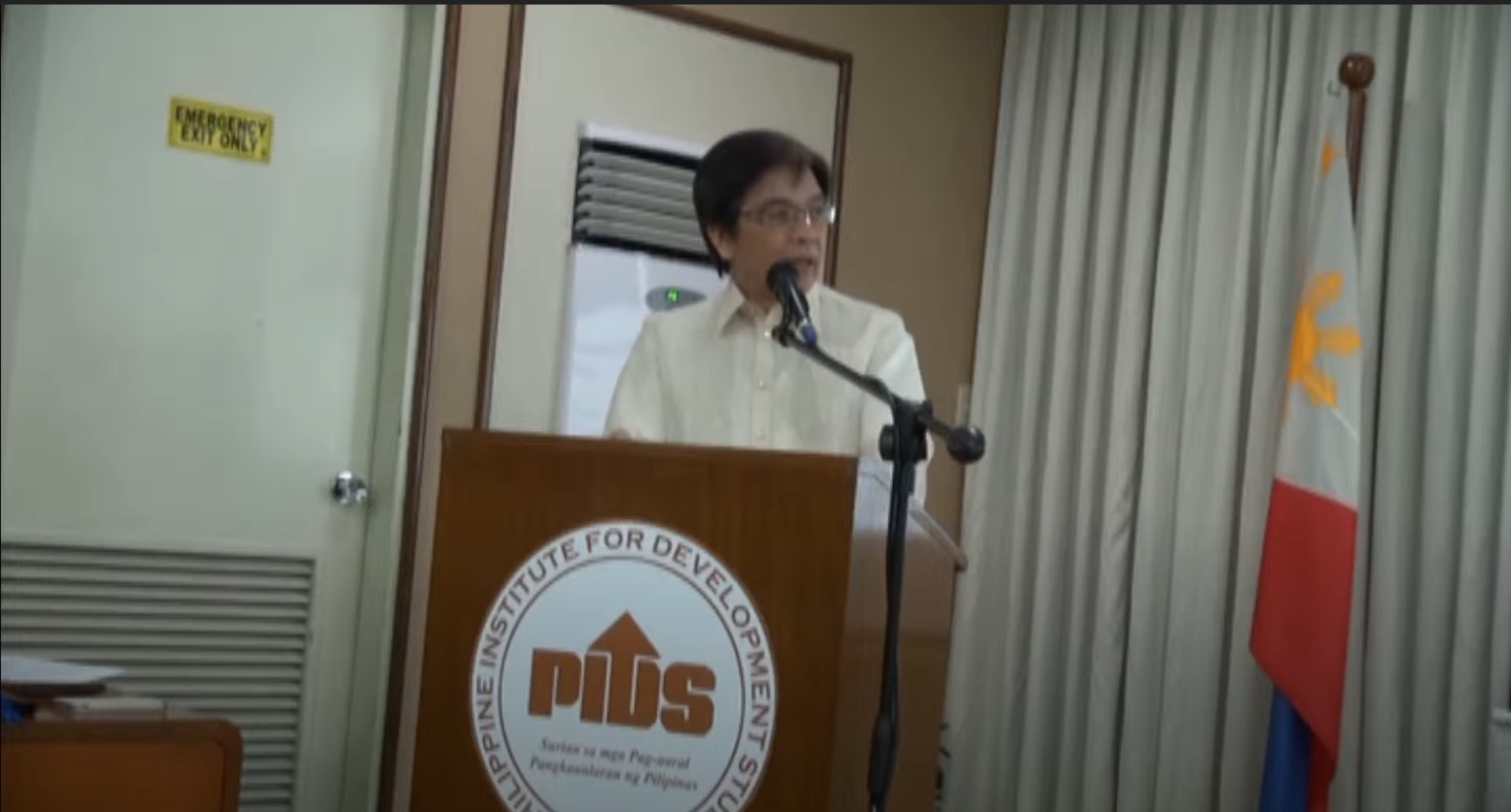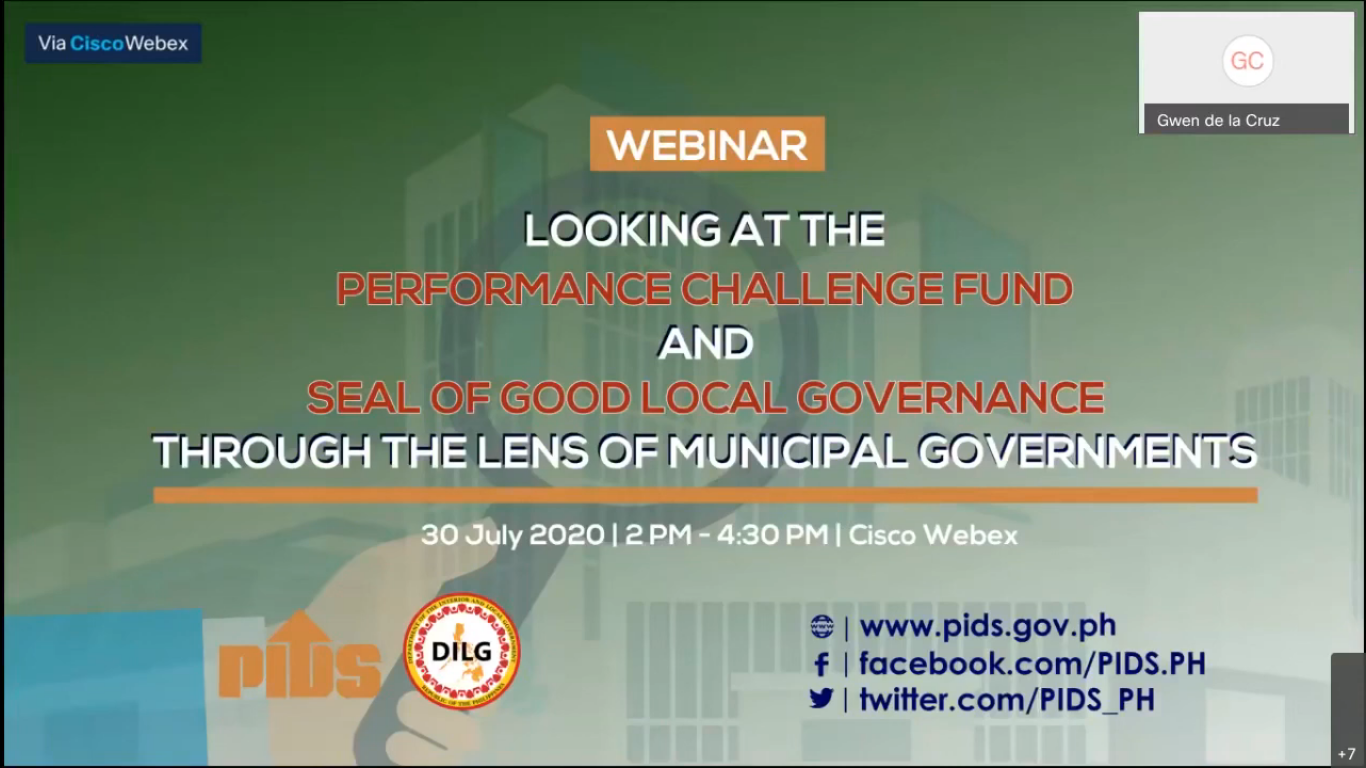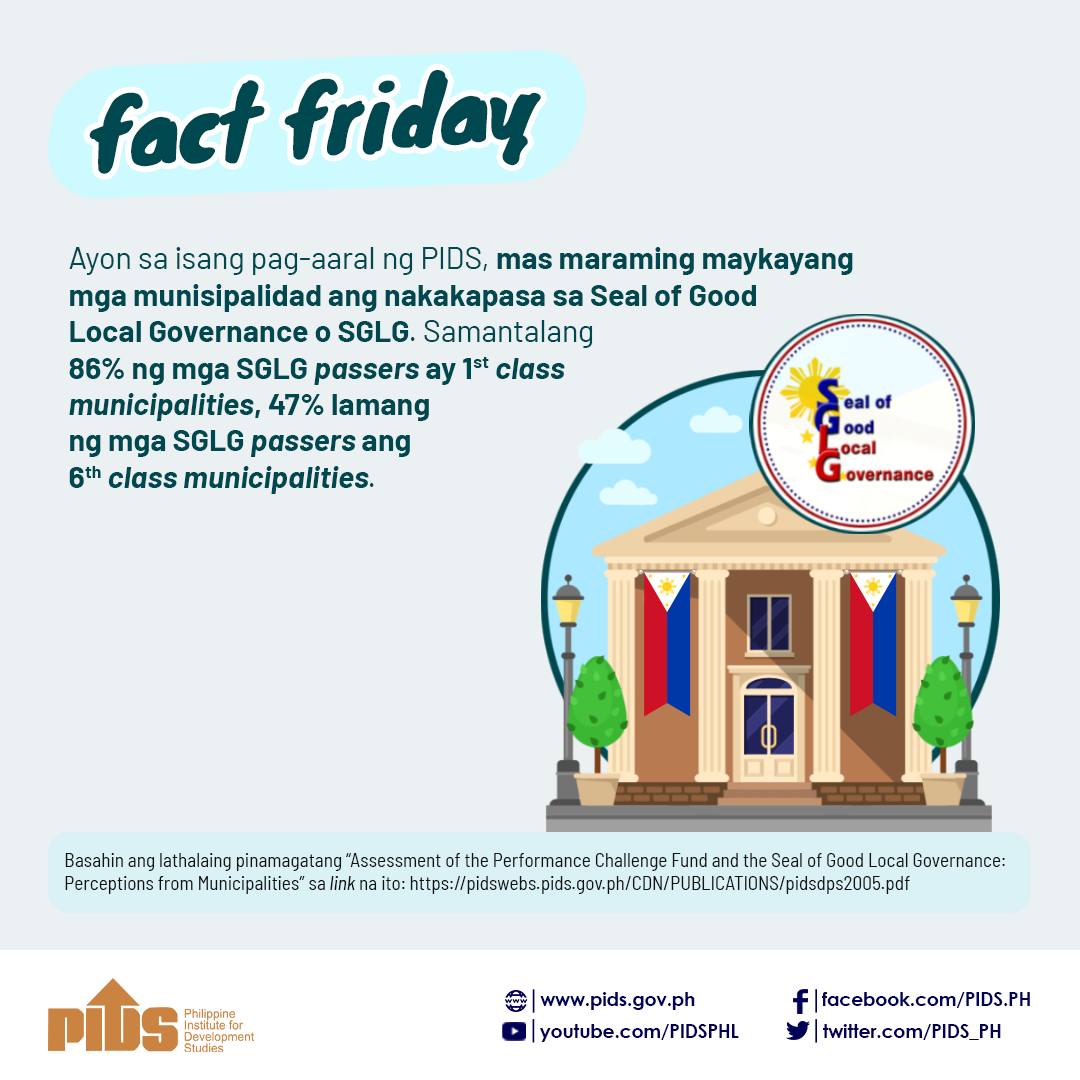VARIOUS quarters said that government authorities would risk widespread condemnation if they fail to deliver free support services and inclusive education programs for learners with disabilities.
In fact, in the view of many, these quarters raised a valid point that cannot be easily dismissed by the authorities, knowing full well that access to education is a major challenge for disabled children.
Last year, of the five million children living with disabilities across this poverty-stricken Southeast Asian nation of more than 100 million people, only 439,700 youngsters enrolled in public schools.
And a study conducted by the Philippine Institute for Development Studies (PIDS) in 2017 attributed this to the country’s lack of educational facilities and the households’ “financial challenges.”
Last May, another study claimed that disruptions caused by the raging pandemic exacerbated these “challenges,” according to the “Save the Children’s Rapid Survey on the Situation of Children with Disabilities in the Context of COVID-19.”
Forty-eight percent of the 4,066 survey participants said they could not access education services because of several quarantine measures designed to prevent the spread of the deadly disease.
To address the “challenges,” Sen. Sherwin “Win” Gatchalian and other lawmakers filed Senate Bill (SB) 1907, which will be “key” in rebuilding the education sector from the effects of COVID-19.
To foster equitable opportunities to educational services and programs, SB 1907 declares that no disabled learner shall be denied admission in any public or private basic education school.
Under the proposed legislation, the Department of Education will collaborate with local government units in setting up “Inclusive Learning Resource Centers” or ILRCs in every city and municipality.
Like other well-meaning Filipinos, including the ordinary citizens across the country, we are all for this.









